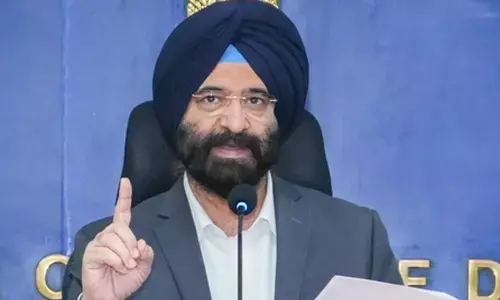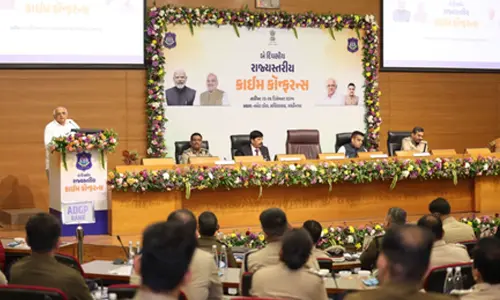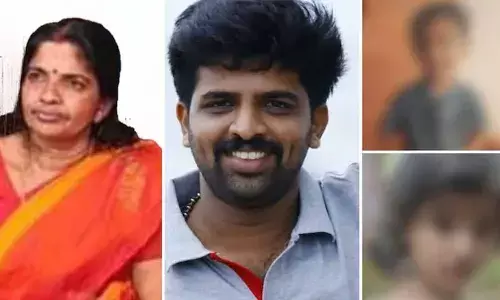Notion of man, woman not absolute based on genitals: Supreme Court
Share :

Supreme Court of India
The very notion of a man and a woman is not "an absolute based on genitals", the Supreme Court said on Tuesday while discussing the ambit of gender and whether it expanded beyond the biological sex of a person.
New Delhi: The very notion of a man and a woman is not "an absolute based on genitals", the Supreme Court said on Tuesday while discussing the ambit of gender and whether it expanded beyond the biological sex of a person. In a day-long hearing on the pleas seeking legal validation for same-sex marriages, a five-judge constitution bench headed by Chief Justice DY Chandrachud took note of submissions in favour and against the petitions, and one of them was that even the Special Marriage Act has terms like "a man and a woman" and hence using term 'person' instead may unsettle existing statutes.
Senior advocate A M Singhvi, appearing for one of the petitioners, said same-sex marriage was a narrow term and, if the court were to grant marriage equality to gay couples, it should be for consenting adults across "bodily gender and sex spectrum". "There is a whole range of combinations of persons with special biological features. It is not only men and women. One category is 'sex' and the second category is 'gender'. "So a male body can be imbued by female psychological instincts and vice versa and there is LGBTQIA++ (lesbian, gay, bisexual, transgender, queer, questioning, intersex, pansexual, two-spirit, asexual, and ally) This '++' has a whole spectrum of hues and colours," he said.
Solicitor General Tushar Mehta, appearing for the Centre, countered Singhvi saying the "biological gender was the gender of a person". On the issue of using the word 'person' in the Special Marriage Act in place of 'a man and a woman', the law officer said the legislative intent throughout has been a relation between "a biological male and a biological female". The bench intervened and said, "The very notion of a biological man is absolute...". The law officer said "Biological man means biological man, there is no notion." "There is no absolute concept of a man or an absolute concept of a woman at all. It is not the question of what your genitals are. It is far more complex, that's the point. So, even when the Special Marriage Act says man and woman, the very notion of a man and a woman is not an absolute based on genitals," said the bench, which also comprised Justices S K Kaul, S R Bhat, Hima Kohli and P S Narasimha.
There is a very important value judgement you (law officer) are making that the very notion of the biological man is absolute or that the notion of the biological woman is also absolute, which is incorrect, the bench said. The law officer said, "Biological man means genitals you have. I did not want to use that expression." He said, irrespective of other attributes than the genitals, separate marriageable age limits were prescribed for men and women. Mehta said there were several laws which the court will be making redundant inadvertently if it chose to give legal backing to same-sex marriages.
The law officer gave the example of the Code of Criminal Procedure (CrPC) and said a woman cannot be called for examination after a certain time and there could be a situation where a man says that though he has the genitals of a male he is not a man. "I may have the genitals of a man but I am otherwise a female, as possibly suggested, then how would I be treated under the Code of Criminal Procedure. As a woman, can I be called for the section 160 CrPC statement after a particular hour and may say that this is only a notion. I may have the biological genitals of a man, now I am a woman....there are several issues which have to be gone into. Better they are gone into by Parliament", the law officer said. "There is always change in the society and it begins from somewhere," the bench told Mehta.














